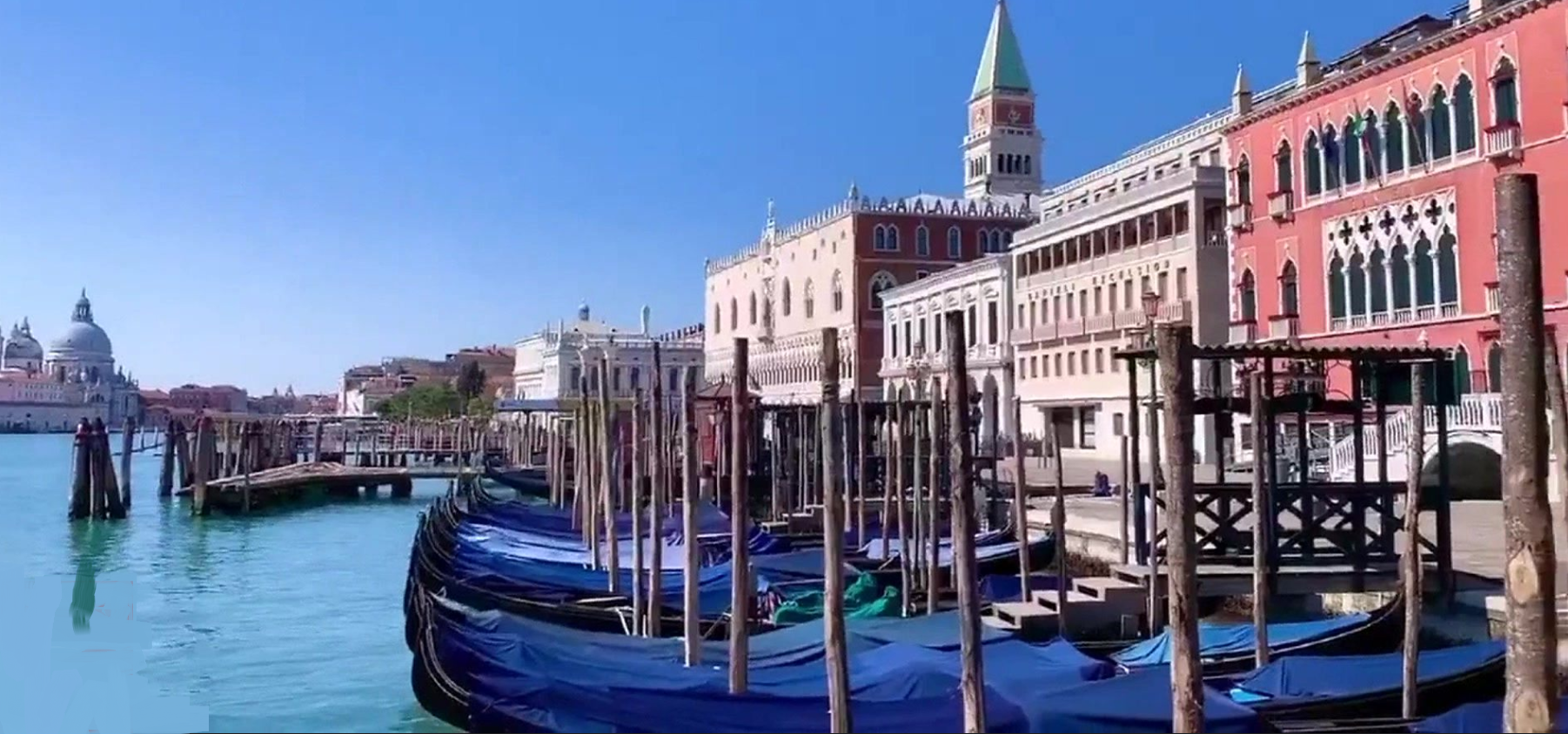
Coronavirus spreads as vaccine is being developed

Prime Minister Boris Johnson has announced plans to test more people for coronavirus, as until 18 March, 56, 221 people in the UK had been tested just over 1000 a day at the end of February, when testing began to over 6, 000 per day by Mid-March.
The Government plans to increase this to 10, 000 a day initially, with a goal of reaching 25, 000 tests a day.
The testing is to diagnose people individually and surveillance testing, to try to understand how far the virus has spread in the wider population. The failure to test more widely means that many people might be self-isolating for no good reason.
The UK has tested 828 people per million of its population since the first case was reported in York on 31 January.
In South Korea has tested 5, 767 per million since its first confirmed case, while Italy conducted 2,459 tests per million of its population.
Cambridge scientists are racing to find a coronavirus vaccine and right now they have their vaccine candidates in Mice and they are generating immune responses to the vaccine.
According to Dr. Rebecca Kinsley, the vaccine will work on those parts of the virus that you see on the outside, they are important for the virus to be able to attach our cells in the human body. We have to develop a vaccine that will enable us to block those spikes from attaching to our cells and infecting us.
Scientists across the globe are racing to find a jab to stop the spread and treat the sick.
This week, the first human volunteers were injected with an experimental lab in Seattle.
In Australia, scientists have developed a lab-grown version of the virus, a major step toward creating a vaccine.
In Germany, CureVac has revealed a breakthrough could be made in the next six of seven months, which was first tested with animals and then with human beings and could be available in the autumn at the time when possibly the next wave of infection reappears.
Researchers from the University of Hong Kong predict that the fully formed and licensed vaccine will be available from early summer but it will still take at least a year despite expedition.
Other than treatment, detection, sanitation and quarantine measures are being used to restrict the spread of the virus.
